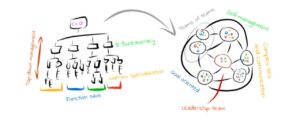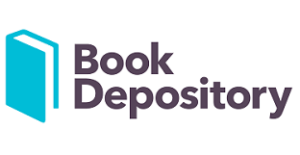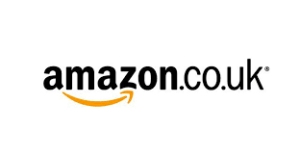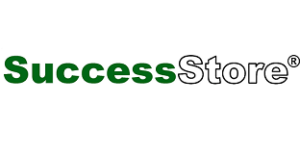For the many organisations the pandemic served as a catalyst, reshaping the way they operate and collaborate. Overnight, the traditional siloed approach crumbled in the face of crisis, making way for the rise of cross-functional teams. McKinsey’s insights on “The Five Trademarks of Agile Organizations” vividly reflect this transformation, underscoring the importance of empowered teams.
The crisis-induced urgency forced businesses to break down barriers, prompting individuals from different departments to unite in agile teams to tackle immediate challenges such as rapid technology transformation and maintaining customer delivery by generating new ways of working. shift from hierarchies to nimble networks was driven by necessity and revealed a modern way to solve business challenges.

Image reference: https://www.pmconsulting.cz/en/2021/07/agile-organization-system-view/
The pandemic exposed that rigid hierarchies often hinder rapid problem-solving. The alternative lies in empowered agile teams. In his book Irresistible: the seven secrets of the world’s most enduring, employee-focused organizations” Josh Bersin explains that organisations should recognise that teams are how most work gets done and companies operate as social networks not organizational hierarchies. And as McKinsey’s exploration shows, organizations that entrust teams with clear responsibilities and authority witness high engagement, (mostly) seamless collaboration, and ingenious solutions.
This transition isn’t just about crisis management—it’s a strategic evolution. Embracing networked teams rather than hierarchies taps into the essence of agility: It’s about fostering autonomy within a coordinated structure. As we step into the post-pandemic era, the lessons remain clear. Cross-functional teams and empowered networks can’t be fleeting trends; they’re the keys to thriving in the emerging business landscape.
It’s about adopting a mindset shift and designing structures that empower individuals to collaborate, innovate, and drive outcomes.
McKinsey’s research emphasizes that the path forward is in dismantling silos and embracing a network of empowered teams. To navigate uncertainty with confidence and reshape your organization for the future, explore the power of empowered teams through McKinsey’s People & Organizational Performance Practice.
We work with many organisations who are facing similar issues with team silos, connection, collaboration and team cohesion through lack of empowerment and top-down management styles. These challenges form a common thread among the organisations we work with. We have collaborated with them to craft solutions to help unlock their teams’ potential. Find out how our range of solutions can help – get in touch on info@workmatters.ie.
As organisations adapt to new work arrangements how teams work together is more important than where they work. The evolving ways of working dynamics brings in new challenges for teams working in distributed or hybrid work setting. That’s where dynamic team charters come in. Team charters have been in place for many years but they are for finding extra relevance, value, impact and importance in the hybrid context. Interested in knowing more about how you can overcome these new ways of working challenges? Take a free trial of Dynamic Team Charter Design for Productive Teams.








